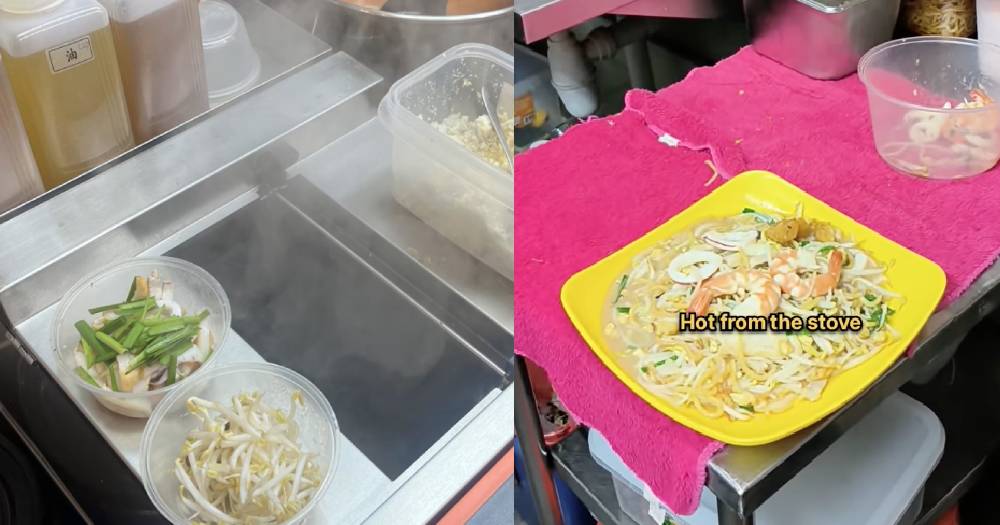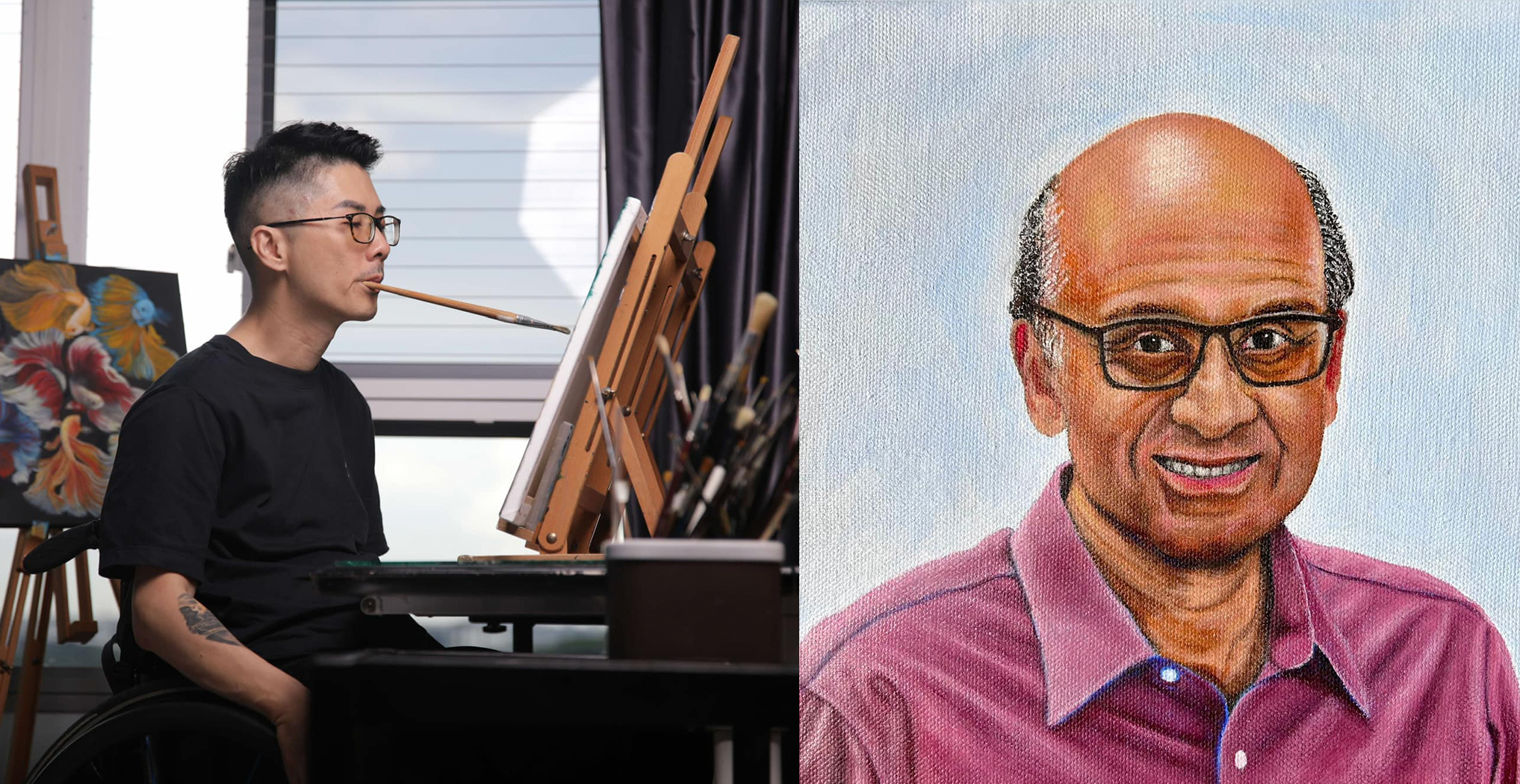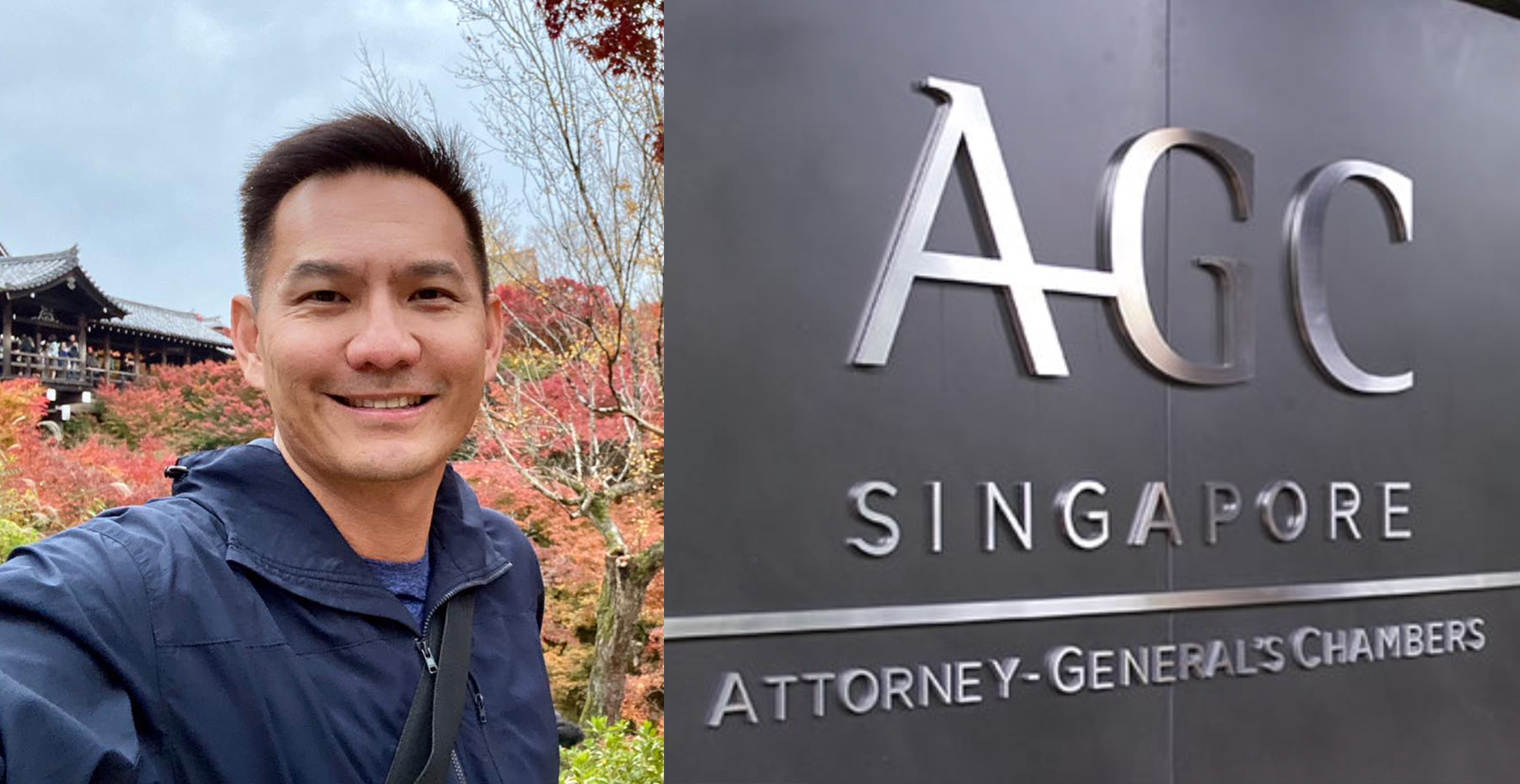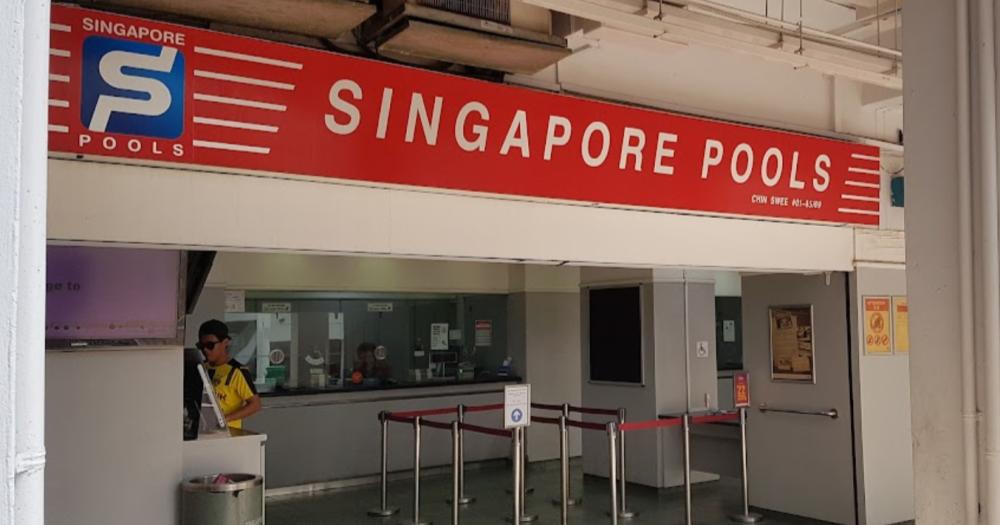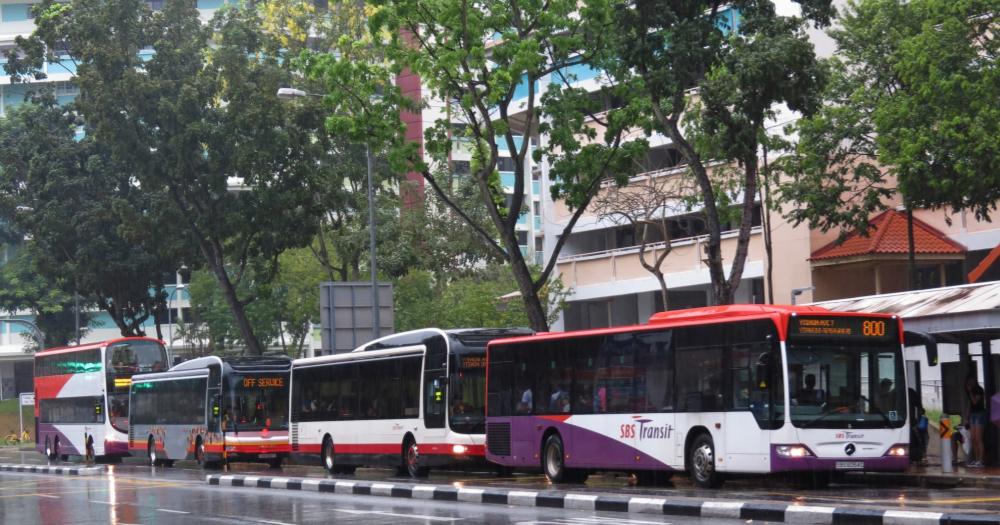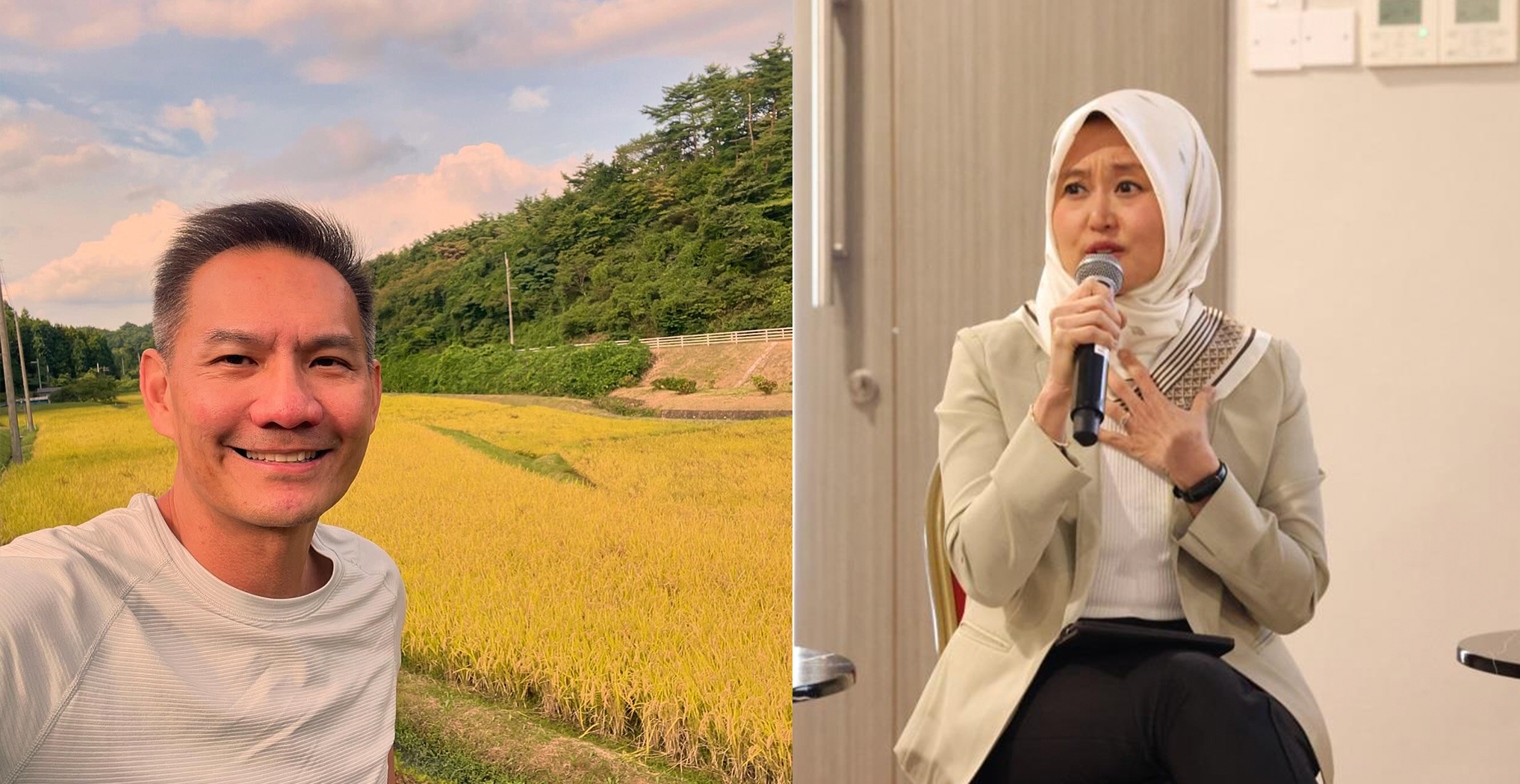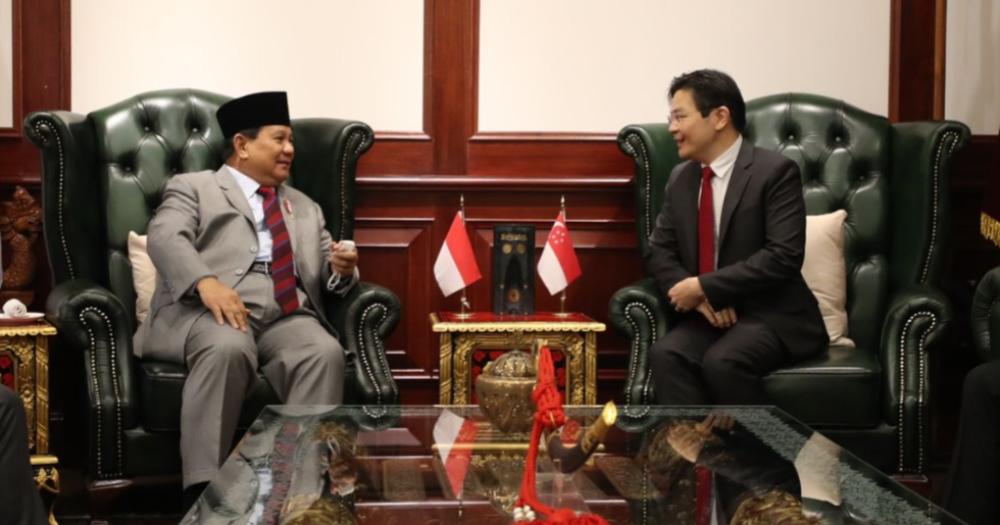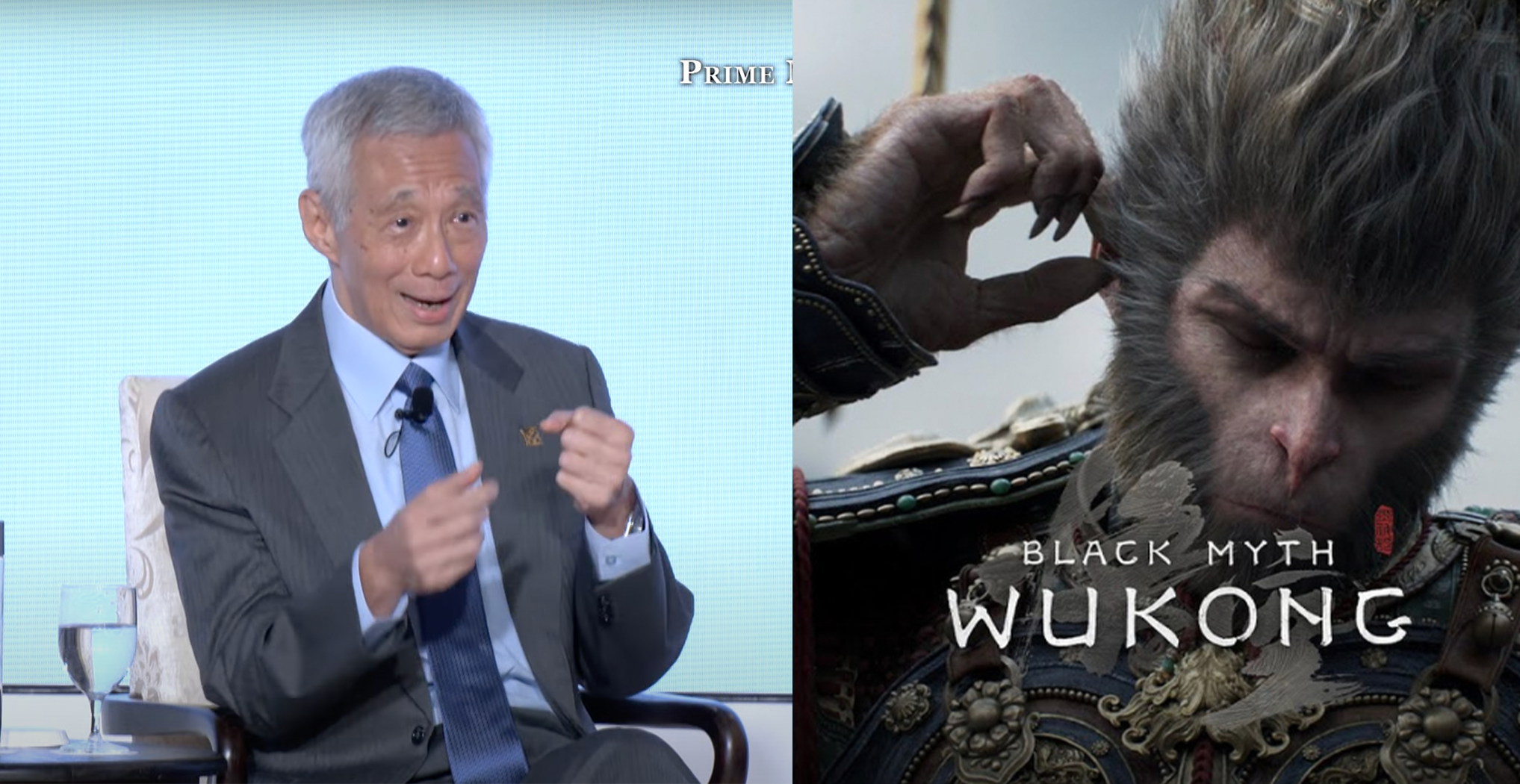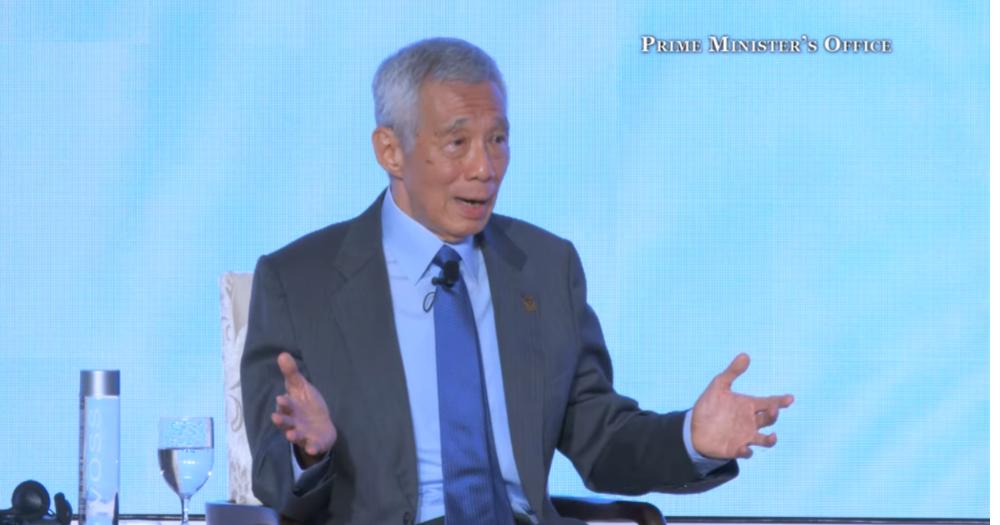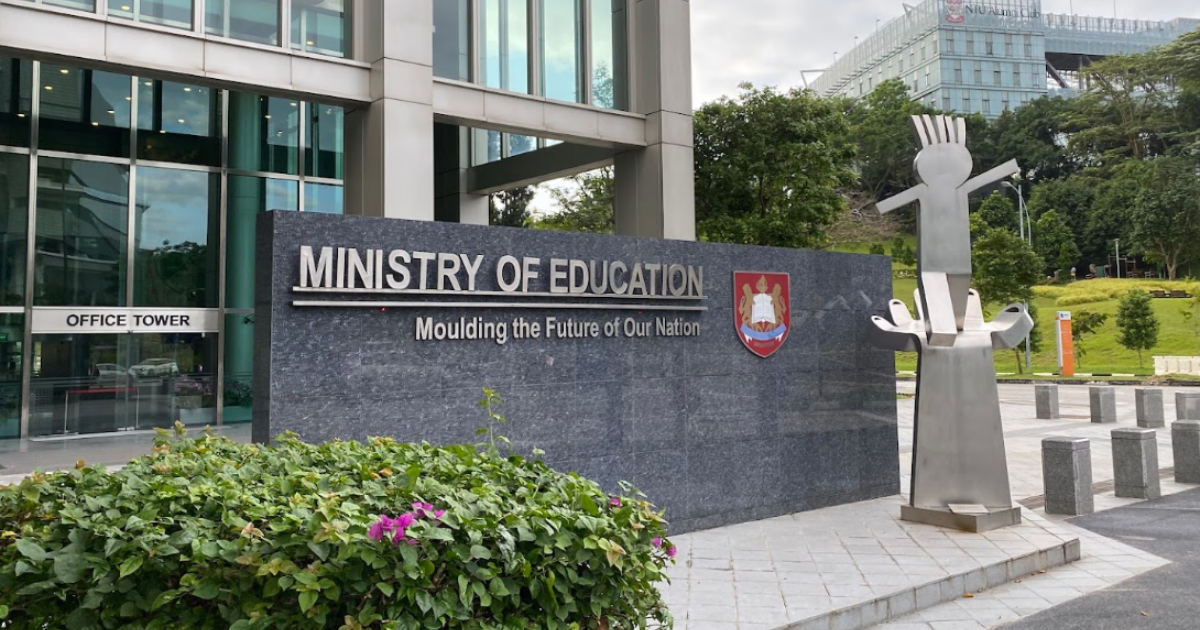Prabowo Subianto will be sworn in as Indonesia's 8th president. Will he be Jokowi's man, or chart a new path?
Prabowo Subianto will be inaugurated on Oct. 20, 2024.
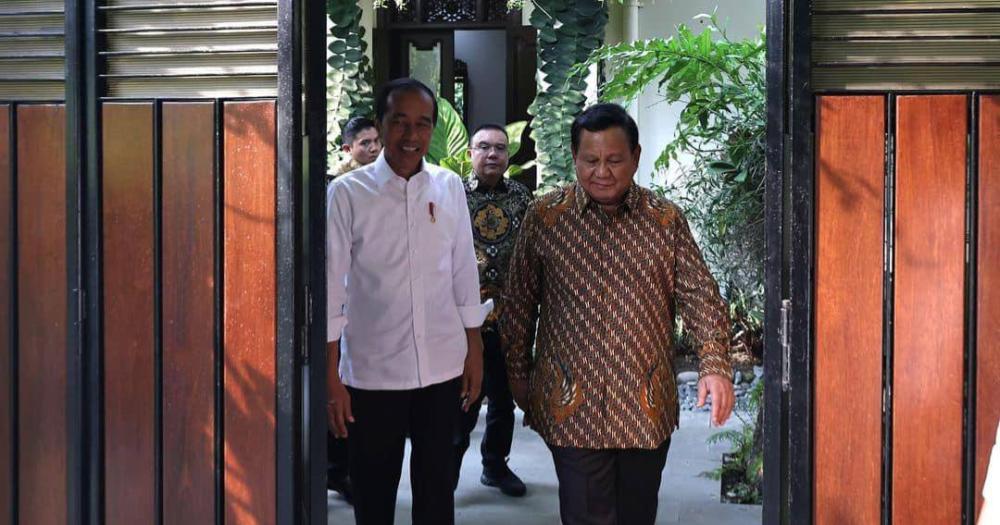
Just days after his 73rd birthday, former army general Prabowo Subianto will become Indonesia's eighth president on Oct. 20.
This is 10 years to the day that his predecessor Joko ‘Jokowi’ Widodo was himself inaugurated as president.
So who is Prabowo, can we expect change or continuity from him, and what’s his relationship with the outgoing president?
The once and future president (in waiting)
Prabowo comes from a prominent Indonesian family.
His grandfather was the founder of Bank Negara Indonesia, and his father served as a minister for former presidents Sukarno and Suharto at different points of time.
Prabowo served in the Indonesian military, rising to the rank of general and leading Indonesia's Special Forces Unit, Kopassus.
This was a controversy-laden role: the unit has been accused of human rights abuses in places like East Timor and Irian Jaya.
In the tumultuous times surrounding Suharto’s fall in 1998, those units were also accused of kidnapping pro-democracy activists, some of whom have not been heard from again.
Prabowo has said that the actions he took were legal at the time.
He was also married to Suharto's daughter, Titiek.
The couple divorced in the early 2000s, but Titiek still supports Prabowo politically, having recently celebrated his 73rd birthday with him and lauding him on his upcoming inauguration.
Prabowo, once seen as Suharto's natural heir, was then cast into the political wilderness after his father-in-law's fall, and it seemed like a long climb back to the apex of Indonesian power.
The candidate
He re-emerged on the public stage as a politician in the now-democratic Indonesia, and was Megawati Sukarnoputri’s vice presidential candidate in 2009.
Prabowo has spent the past decade making three attempts to become Indonesia’s president, running against Jokowi in head-to-head fights in 2014 and 2019.
There was some worry that he would not gracefully accept his loss in 2019, with thousands taking to the streets to protest his loss, resulting in deaths.
But Jokowi would unexpectedly take Prabowo to his side, appointing him defence minister, turning a fierce rival into a close political ally.
Prabowo clearly knew that his new boss was term-limited, and would be legally restricted from running for president again in 2024.
He has in recent years transformed himself into the embodiment of political continuity for Jokowi’s supporters, while trying to carve out space for himself at the same time, such as when he proposed a peace plan for the Ukraine war at the Shangri-La Dialogue in Singapore without consulting Jokowi’s government.
But the link between Jokowi and Prabowo would be solidified in 2023, when Jokowi’s son, Gibran Rakabuming Raka, became Prabowo’s vice presidential candidate, and Prabowo seemingly took on the mantle of Jokowi’s heir.
The pair would win the presidential election convincingly in the first round, with 58 per cent of the vote, despite it being a three-way fight.
The election took place in February, and Indonesia’s electoral calendar allows for the presumption of a second round several months later, meaning that there are nearly nine months between the election's first round and the inauguration.
Jokowi and legacy the future
Jokowi has served 10 relatively successful years as Indonesia's president.
He was once seen as a young, reform-minded politician, who broke the mould of political dynasty to become mayor of Solo, governor of Jakarta, and then president of Indonesia.
His tenure will likely be regarded favourably in Singapore, with the government of both countries having worked assiduously to resolve long-standing bilateral issues, such as the flight information region, extradition, and defence cooperation.
Jokowi has worked to bring much-needed economic growth to Indonesia, with his goal of reaching five per cent growth a year, announced when he was inaugurated in 2019, hampered by the Covid pandemic.
He has taken big swings in his time, through policies such as his omnibus jobs bill and moving Indonesia’s capital from Jakarta to Nusantara in Kalimantan.
Jakarta faces huge challenges in its future, with rising seas and sinking land combined with ageing infrastructure, but building a new administrative capital of a vast archipelago in the middle of the jungle brings its own challenges as well.
All in the family
Does Jokowi have designs of an even deeper legacy? A familial one?
This is certainly the accusation that some are throwing his way, with an op-ed in The Conversation asking if his legacy is that of democratic backsliding, some of which is displayed by the emergence of his sons into politics.
Jokowi is accused of blatantly using state power to promote his chosen successor Prabowo, but it's really the case of his son, Gibran, that illustrates those complaints best.
Indonesia’s vice-presidential candidates are required to be at least 40 years old at the time of the campaign, but the 36-year-old Gibran got around it because of a timely ruling by the head of the constitutional court.
The court’s chief justice said that two years as mayor of Solo, where Jokowi got his start in politics, was enough executive experience. The chief justice also happened to be Jokowi's brother-in-law.
The decision allowed Gibran to run, but the chief justice was removed for ethics breaches related to the case.
More recently, Jokowi's younger son Kaesang Pangarep (who graduated from Singapore's SUTD), faced a similar although less drastic age controversy as well, with Kaesang being a year shy of the minimum need to run in local elections.
A parliamentary move that would have allowed him to run was countered by the constitutional court (no longer led by his uncle), but not before thousands took to the streets to protest against Kaesong’s participation.
Prabowo and legacy the future
Prabowo has been a beneficiary of controversial moves on Jokowi’s part too, although it must be said that those sympathetic to Jokowi will point out that he never broke any rules, and that allegations against him are based on perceptions of his actions.
In the run-up to the election, Prabowo and Jokowi were seen to be very close politically, even beyond just having Jokowi’s son as a running mate.
Prabowo having been Jokowi’s rival is not surprising; Indonesian politics regularly sees opposing factions choose to consolidate after elections rather than act as opposition.
They were often pictured together socially, and when Jokowi announced that he was free to endorse a candidate, it was widely assumed that he meant Prabowo.
It should be noted that he didn’t endorse anyone in the end, including the candidate of his own party PDI-P.
Since being declared the winner, Prabowo has continued as defence minister and has been building his governing cabinet.
Hand me down cabinets
Experts have called Prabowo the continuity candidate, but have warned against using that to mean that he will be another Jokowi.
Two of his cabinet choices cast a little light on what his priorities and policies might look like.
He is keeping certain old hands from the Jokowi era, having spoken to at least eight cabinet members, with Reuters reporting that he asked Sri Mulyani Indrawati to remain as finance minister despite disagreements.
She has been finance minister for nearly the entirety of Jokowi’s reign and for a significant chunk of President Susilo Bangbang Yodoyhono’s as well.
A well-respected technocrat, should she remain, she would lend significant credibility and reassurance to the local business community and foreign investors.
Speaking of Yudhoyono, his son Agus was appointed to Jokowi’s cabinet after Prabowo's election, and he will continue on in Prabowo’s government as well, a further sign of political consolidation as he also brings Yudhoyono's political party into his coalition.
However, one prominent cabinet member, Foreign Minister Retno Marsudi, has confirmed her exit and will be appointed a United Nations special envoy.
New priorities
But while some of the faces may be the same, Prabowo has different policy objectives.
Doubts have been cast on Prabowo’s motivation to continue with Jokowi’s Nusantara project.
The costly venture would require money needed for other objectives that Prabowo might seek to achieve, such as military modernisation or offering free school lunches to children.
But as the Jokowi hands the baton to Prabowo, there are cautionary tales around Southeast Asia.
A prime example is that of the Philippines, where two contrasting dynasties, that of Ferdinand Marcos Jr and Sara Duterte, came together to win an election handily, only to fall out loudly in the subsequent months and years.
While Prabowo is unlikely to want to follow Jokowi too closely, he will likely seek to resist such a fallout.
But he will also want to avoid being seen as a seat warmer for a promising son and will try to carve his own legacy.
Related stories
Top image via Prabowo Subianto/Facebook
MORE STORIES








